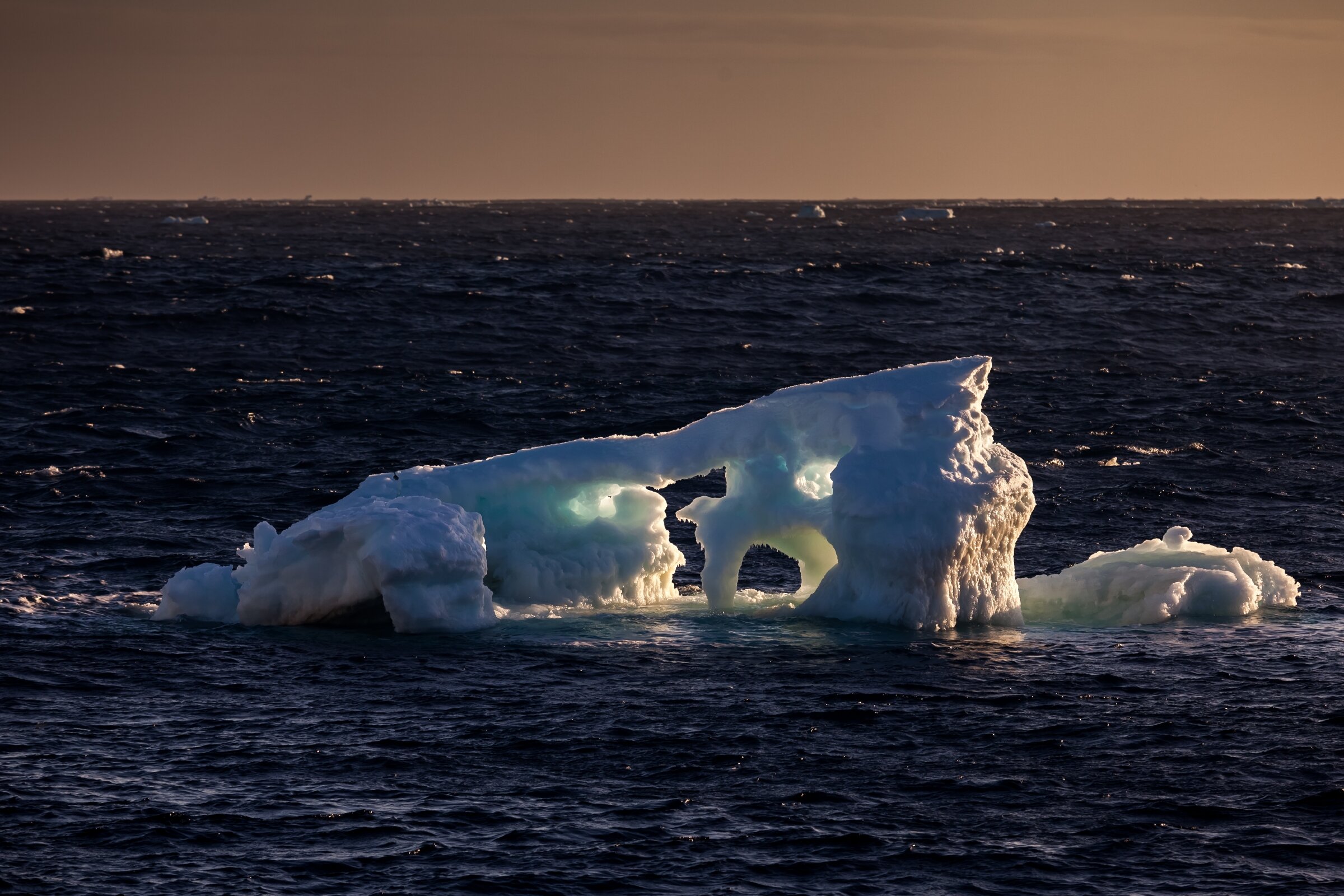In a recent study, researchers from the Alfred Wegener Institute have discovered what may be causing this. Low-salinity water in the upper ocean has typically helped to trap carbon in the deep ocean, which in turn has slowed its release into the atmosphere—until now, that is, because climate change is increasingly altering the Southern Ocean and its function as a carbon sink. The study is published in the journal Nature Climate Change.
The Southern Ocean’s surface water salinity has reduced as a result of increased input of freshwater caused by precipitation and melting glaciers and sea ice. This “freshening” reinforces the density stratification between the two water masses, which in turn keeps the CO₂-rich deep water trapped in the lower layer and prevents it from breaking through the barrier between the two layers.
“Our study shows that this fresher surface water has temporarily offset the weakening of the carbon sink in the Southern Ocean, as model simulations predicted. However, this situation could reverse if the stratification were to weaken,” summarizes Olivier.


